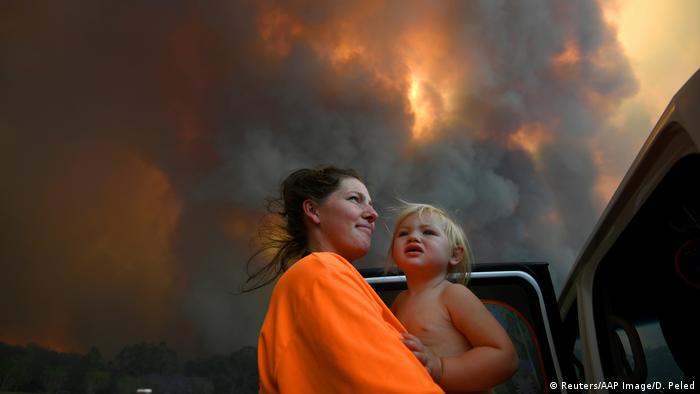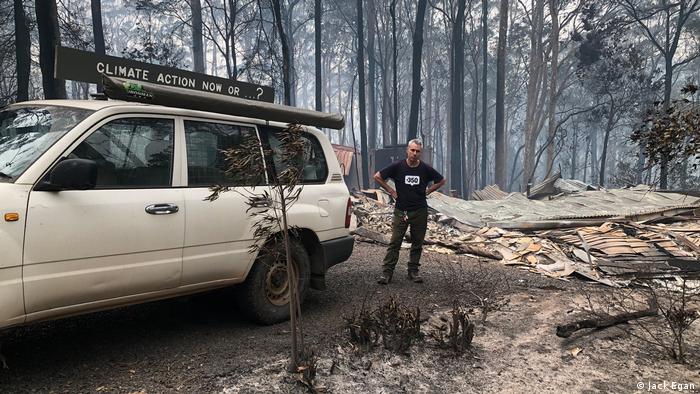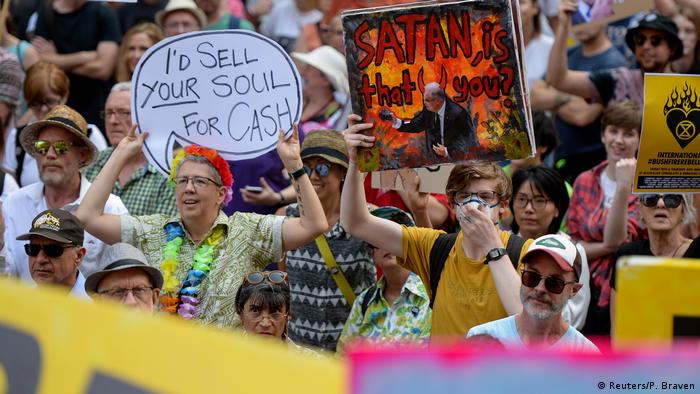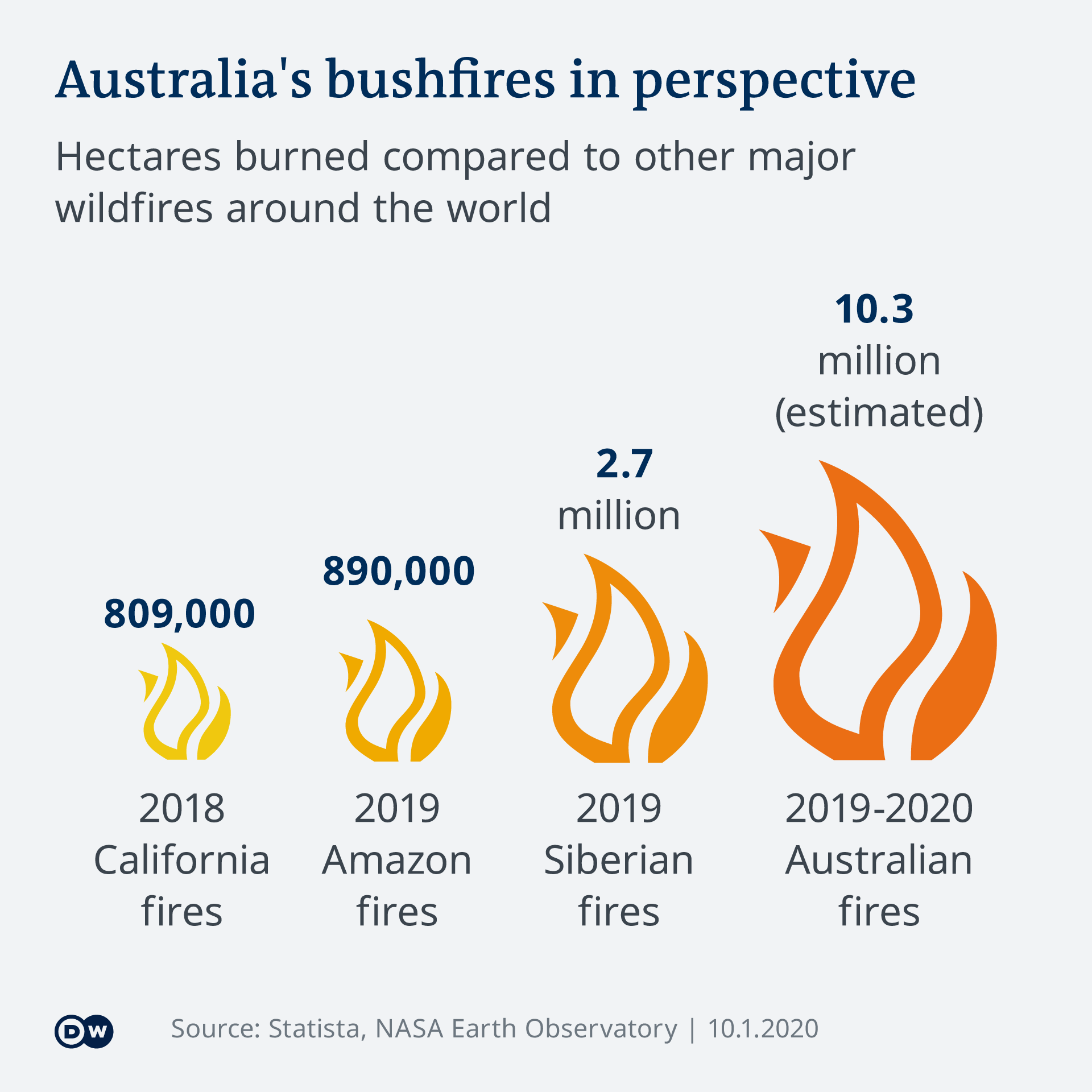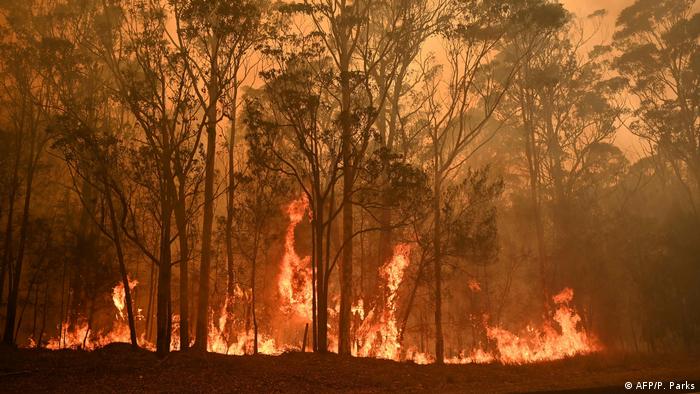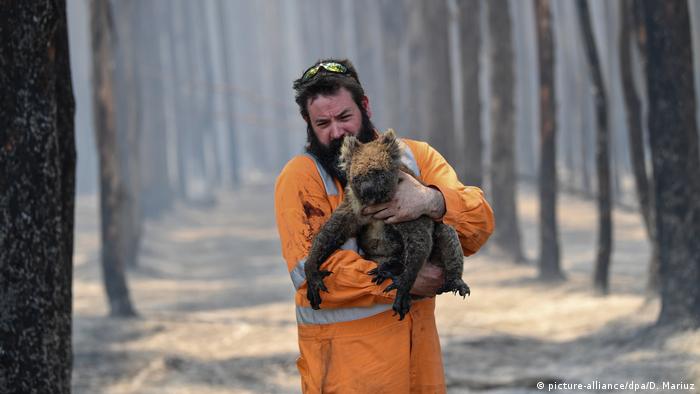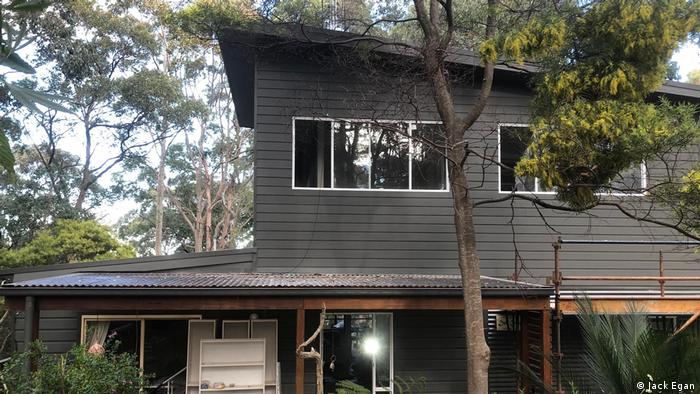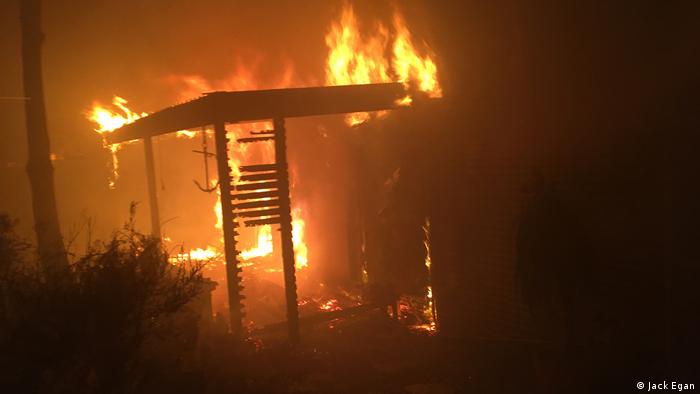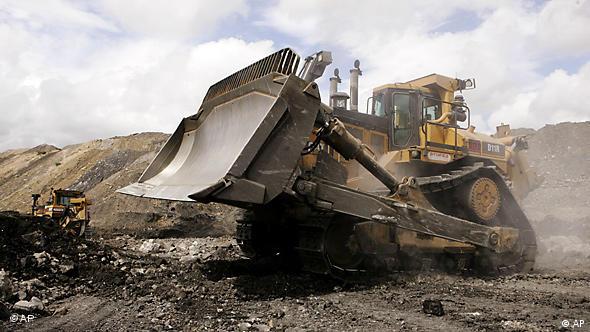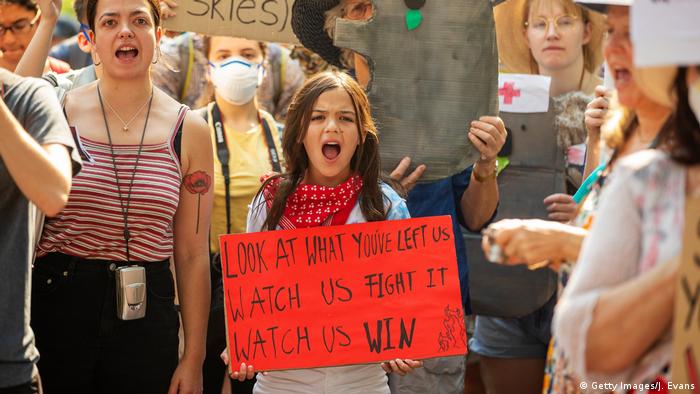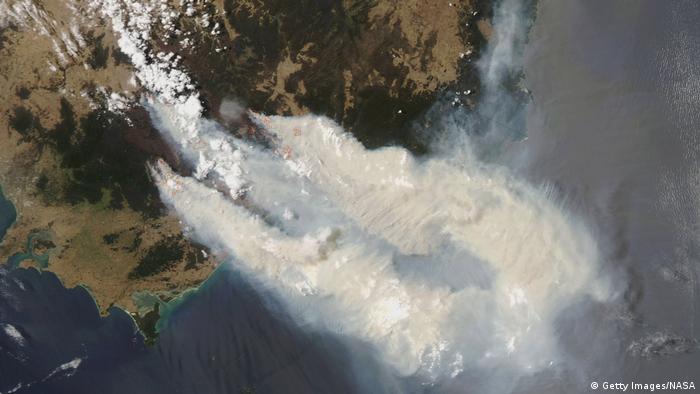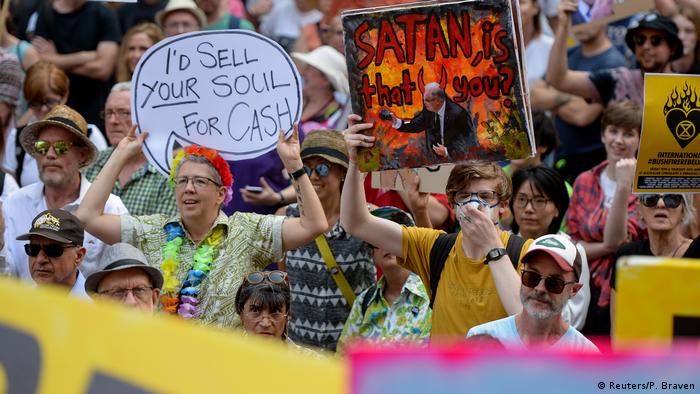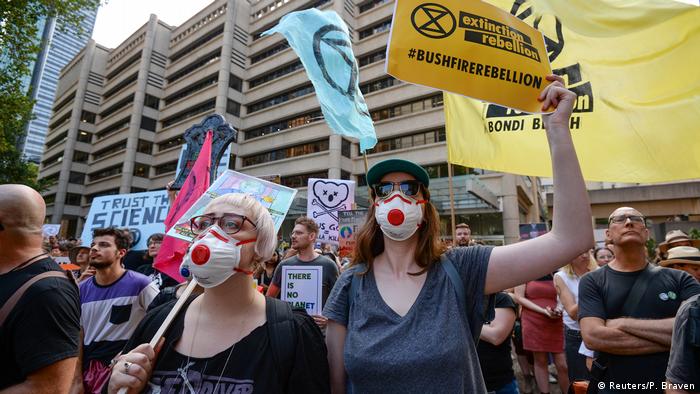
Boeing 737 MAX: Internal documents reveal staff mocking regulators, management
The disclosed emails and messages are yet another embarrassment for the US aircraft manufacturer after two deadly crashes. Employees said they could mislead regulators to get the now-grounded 737 MAX certified.
Boeing internal documents released Thursday by US lawmakers have revealed employees knew about problems with pilot training for the 737 MAX and tried to conceal them from federal aviation regulators.
The communications also show that Boeing employees bragged that they could get the now-grounded aircraft certified with minimal training for pilots by misleading US regulators about problems with the simulators.
"This airplane is designed by clowns, who in turn are supervised by monkeys," said an employee in 2017, apparently in reference to senior management and/or regulators.
The documents include exchanges among Boeing test pilots that highlight problems with the simulators reproducing actual flight conditions, Boeing said.
Now open to the public, the once-secret documents could further derail the company's reputation and deteriorate relations with regulators as the former bestselling grounded jetliner waits to restart operations.
Read more: Airbus topples Boeing as biggest plane maker
Deadly crashes
Boeing, one of the world's largest plane makers, has had its entire 737 Max fleet grounded since March 13 last year.
The 737 MAX was involved in two deadly crashes that killed a total of 346 people in late 2018 and early 2019. Hundreds of MAX aircraft were grounded after the fatal accidents of Ethiopian Airlines and Indonesia's Lion Air as a result of a series of failures.
Investigations of the two crashes have focused primarily on the Maneuvering Characteristics Augmentation System, an automated flight control system.
Insider information
The latest set of internal Boeing communications were given to the FAA and Congress in December but were only released Thursday.
"Would you put your family on a MAX simulator trained aircraft? I wouldn't," another Boeing employee wrote to a colleague in another exchange. "No," the colleague answered.
"I still haven't been forgiven by God for the covering-up I did last year," one employee wrote in a message from 2018, in reference to dealing with the US Federal Aviation Authority (FAA).
"I know but this is what these regulators get when they try and get in the way. They impede progress," another wrote in August 2015.
Boeing response
In response to the released documents, Boeing said in a statement, "Some of these communications relate to the development and qualification of Boeing's MAX simulators in 2017 and 2018." The company said it sent the internal documents to lawmakers for the purpose of transparency.
Boeing is now working to make changes to its automated control system at the request of the FAA.
On December 23, the company replaced chief executive Dennis Muilenburg with its chairman, David Calhoun, after the board decided a change in leadership was necessary to "repair relationships with regulators, customers and all other stakeholders" amid the protracted 737 MAX crisis.
FAA response
FAA spokesperson Lynn Lunsford said the regulator found no new safety risks that have not already been uncovered as part of the FAA's demands for changes.
''Any potential safety deficiencies identified in the documents have been addressed,'' said Lunsford, adding that the simulator mentioned in the communications has already been checked three times in the last six months.
Peter DeFazio, chairman of the House Transportation Committee, accused Boeing of putting profit over safety.
"They paint a deeply disturbing picture of the lengths Boeing was apparently willing to go to in order to evade scrutiny from regulators, flight crews, and the flying public, even as its own employees were sounding alarms internally,'' said DeFazio, adding that the documents detail "some of the earliest and most fundamental errors in the decisions that went into the fatally flawed aircraft.''
The grounding of the MAX will cost Boeing billions in compensation to families of passengers killed in the crashes and airlines that canceled thousands of flights.
mvb/ng (AP, AFP)
DW RECOMMENDS
Boeing CEO Muilenburg steps down to 'restore confidence'
Boeing replaced its chief executive in a bid to restore its reputation after two deadly crashes of its 737 MAX. Dennis Muilenburg quit on Monday, after the board "decided that a change in leadership was necessary." (23.12.2019)
Airbus topples Boeing as biggest plane maker
Boeing has seen a sharp fall in deliveries as its bestselling MAX jets remain grounded following two fatal crashes. It's not the first time the US plane maker has lost the crown to its European rival. (02.01.2020)
